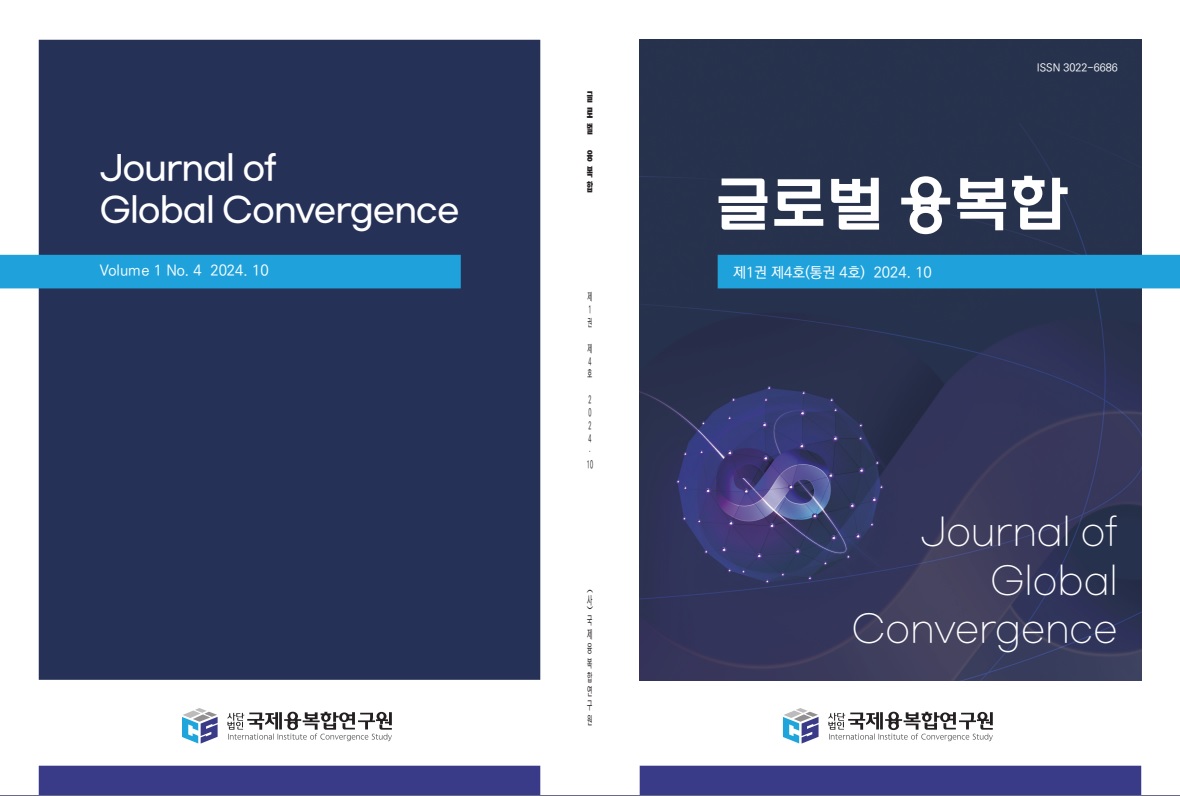AI 시대 군사 심리전의 잠재적 영향, 윤리적 검토 및 실현 가능성에 관한 연구
Research on the Potential Impact, Ethical Review, and Feasibility of Military Psychological Warfare in the AI Era
저자
김지연(육군종합군수학교)
수록페이지
p.49
조회수
9
다운로드
0
- 창간연도
- 2024년 1월
- ISSN
- (Print)3022-6686 , (Online)3022-6651
- 수록권호
- 제2권 1호 (통권 5호)
- 발행일
- 2025.01
- 수록논문
- 18 articles
- 유형
- 학술저널
- 주제
- 사회과학, 자연과학, 예술체육학, 복합학
- 발행기간
- 2024.01 ~ 2025.01
- 발행주기
- 연 4회(계간)
- 총 권호 수
- 4 volumes
- 총 논문 수
- 47 articles

키워드
인공지능(AI) 군사 심리전, 딥페이크 기술, 빅데이터 분석 및 예측 모델, 소셜 미디어 알고리즘 조작, 사이버 안보 윤리AI Military Psychological Warfare, Deepfake Technology, Big Data Analysis and Predictive Modeling, Social Media Algorithm Manipulation, Cyber Security Ethics
초록
본 연구는 급속도로 발전하는 인공지능(AI) 기술이 현대 군사 심리전의 양상을 어떻게 변화시키고 있는지 종합적으로 분석한다. 21세기 들어 정보통신기술의 비약적 발전과 함께 AI 기술이 급속도로 진화하면서, 현대 전쟁의 양상은 물리적 영역을 넘어 인지적, 심리적 영역으로 확장되고 있다. 본 연구는 이러한 배경에서 AI 시대의 첨단 군사 심리전의 방법론, 잠재적 영향, 그리고 윤리적 측면을 종합적으로 분석하고, 현재 시점에서 가장 실현 가능성이 높은 심리전 기법을 검토한다. 연구 결과, 딥페이크 기술을 활용한 허위 정보 생성 및 확산, 빅데이터와 머신러닝 기반의 표적화된 심리전 캠페인, 소셜 미디어 알고리즘 조작을 통한 정보 유통 제어 등이 AI 기반 첨단 군사 심리전의 주요 방법론으로 도출되었다. 이러한 기술의 발전은 국가 안보 및 국제 관계에 지대한 영향을 미치고 있으며, 민주주의 프로세스와 여론 형성에 대한 심각한 위협으로 작용하고 있다. 또한, 개인의 인지적 자율성 및 프라이버시에 대한 도전과 정보 생태계의 신뢰성 붕괴 가능성 등 다양한 윤리적 문제를 제기하고 있다. 본 연구는 이러한 AI 기반 군사 심리전의 윤리적 측면을 심도 있게 고찰하였다. 정보 조작과 진실성의 문제, 개인의 자유의지와 동의에 관한 윤리적 딜레마, 국가 안보와 개인의 권리 사이의 균형 등이 주요 쟁점으로 분석되었다. 현 시점에서 가장 실현 가능성이 높은 심리전 방식을 검토한 결과, 빅데이터 분석과 AI 예측 모델을 활용한 개인 맞춤형 심리전이 가장 높은 실현 가능성을 보이는 것으로 평가되었다. 본 연구는 이러한 새로운 위협에 효과적으로 대응하기 위해서는 기술적, 제도적, 교육적 측면에서의 종합적인 접근이 필요함을 제안한다. 실시간 AI 기반 허위 정보 탐지 시스템 개발, 국제적 AI 윤리 기준과 규제 체계 수립, 시민들의 미디어 리터러시 향상을 위한 교육 강화 등이 시급한 과제로 제시된다. 더불어 국제 사회의 공조를 통한 공동 대응 체계 구축이 필수적임을 강조한다.his study comprehensively analyzes how rapidly evolving Artificial Intelligence (AI) technology is transforming modern military psychological warfare. As information and communication technologies have advanced dramatically in the 21st century, the nature of modern warfare has expanded beyond the physical realm into cognitive and psychological domains. This research examines the methodologies, potential impacts, and ethical aspects of advanced military psychological warfare in the AI era, while also evaluating the most feasible psychological warfare techniques at present. The study identifies key AI-based advanced military psychological warfare methodologies, including the generation and dissemination of false information using deepfake technology, targeted psychological warfare campaigns based on big data and machine learning, and control of information flow through social media algorithm manipulation. These technological developments significantly impact national security and international relations, posing serious threats to democratic processes and public opinion formation. They also raise various ethical issues, including challenges to individual cognitive autonomy and privacy, and the potential collapse of trust in the information ecosystem. This research provides an in-depth examination of the ethical dimensions of AI-based military psychological warfare. Key issues analyzed include information manipulation and truthfulness, ethical dilemmas concerning individual free will and consent, and the balance between national security and individual rights. An assessment of the most feasible psychological warfare methods reveals that personalized psychological warfare utilizing big data analysis and AI prediction models shows the highest feasibility when considering technological maturity, ease of operation, cost-effectiveness, and difficulty of detection. The study proposes that effectively countering these new threats requires a comprehensive approach encompassing technological, institutional, and educational aspects. Urgent tasks include developing real-time AI-based false information detection systems, establishing internationally applicable AI ethical standards and regulatory frameworks, and strengthening education to enhance citizens’ media literacy. Furthermore, it emphasizes the necessity of building a joint response system through international cooperation.
 (사)국제융복합연구원
(사)국제융복합연구원